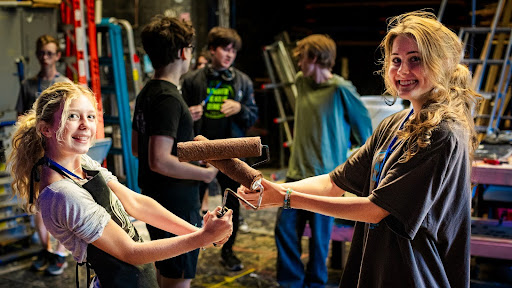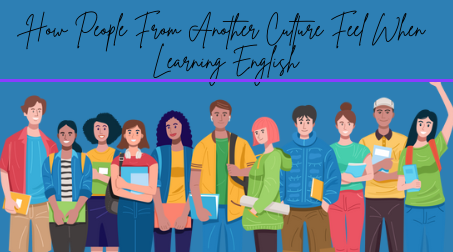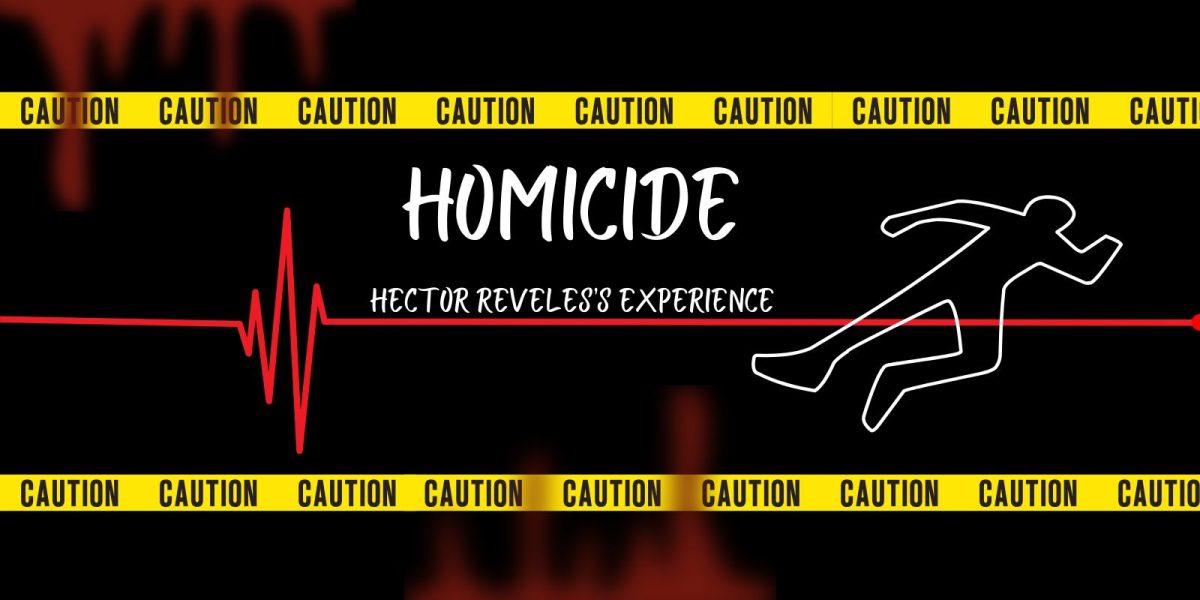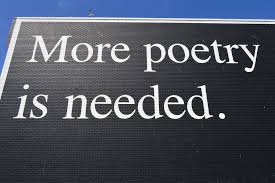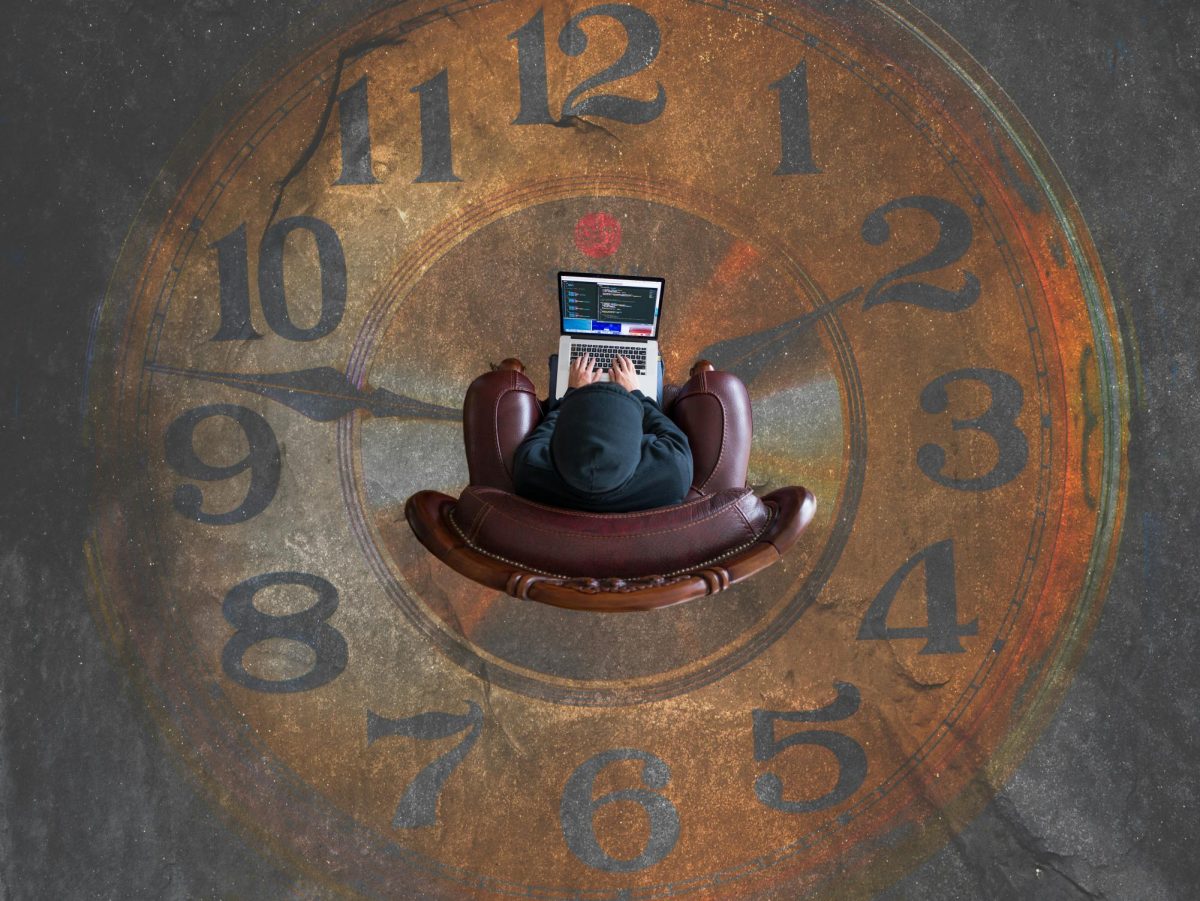In recent years, there has been a push from the disabled community to see authentic disability representation on screen. For years, Hollywood has included tropes about the helpless disabled person turned hero after they are cured, but there has been a significant lack of representation of people who are not cured – or are not seeking a cure – and yet they remain happy and living life to the fullest. The new film “Out of My Mind,” based off of a 2010 book of the same title by Sharon M. Draper addresses this hole in Hollywood disability representation.
“Out of My Mind” did an excellent job of capturing disability in a positive light through their protagonist, Melody. Melody has cerebral palsy and is non-verbal; the actress who played her, Phoebe-Rae Taylor, also shares Melody’s diagnosis. This is a large and significant step toward representation since it shows how disabled individuals can still live a positive and fulfilling life. However, this representation is not perfect, since, as far as we know, the writers were not disabled and nor is Sharon M. Draper. Nevertheless, the writers were able to capture moments that echoed the disabled experience.
For example, one powerful moment was when Melody’s dad spoke up in her Individualized Education Program (IEP) meeting saying, “If Melody exceeds your expectations, then why don’t you raise your expectations?” Too often, disabled people are assumed to be incapable of achieving success and are consequently not given the opportunity to achieve such success. From not being placed in advanced classes to being denied the tools needed for accessibility, there are more barriers to success for disabled people, but that does not necessarily correlate with being less intelligent.
When Rose, an able-bodied character who is Melody’s classmate when she is in inclusion general education classes, became Melody’s friend, Rose illustrated how she could get things wrong about disability, learn from her mistakes, and still be accepted. For example, when Rose made the off-handed comment about not seeing Melody as disabled, Melody’s body language shifted. While this phrase is usually said out of compassion, it often takes on a negative connotation for disabled people as disability is a part of many people’s identity and to not see disability is to not see them as a whole person. The phrase clearly made Melody uncomfortable, but she didn’t have the words to express that. Nevertheless, over time, she educated Rose, and there was character growth and development in Rose as a result of Melody’s teachings. While it is not disabled people’s job to educate the general public, this interaction showed the power of forgiveness and how Rose could make mistakes and still be accepted.
The presentation of Halloween showed the complex issues that disabled people face when seeking equal participation. Melody expressed joy for the holiday as it enabled her to be anything she wanted through dress up, and it was the only time people stared at her “for the right reasons.” However, when it came to participating, there were barriers, from inaccessible design that limited her ability to go up to people’s doors and being infantilized with a pat on the head. Even at her favorite time of year, there were struggles. This scene illustrated the joy that can be found in life and holidays even if you are disabled, yet also showed that there is never a time when you can take your disability off and leave it at home.
“Out of My Mind” did an excellent job staying true to Sharon M. Draper’s book, presenting disability in a positive and respectful light, while maintaining engagement to audiences of all abilities. Hopefully, the success of this film opens doors in Hollywood for disabled actors, writers and directors to come forward, share their stories and continue taking steps forward for disability representation in film and media.





